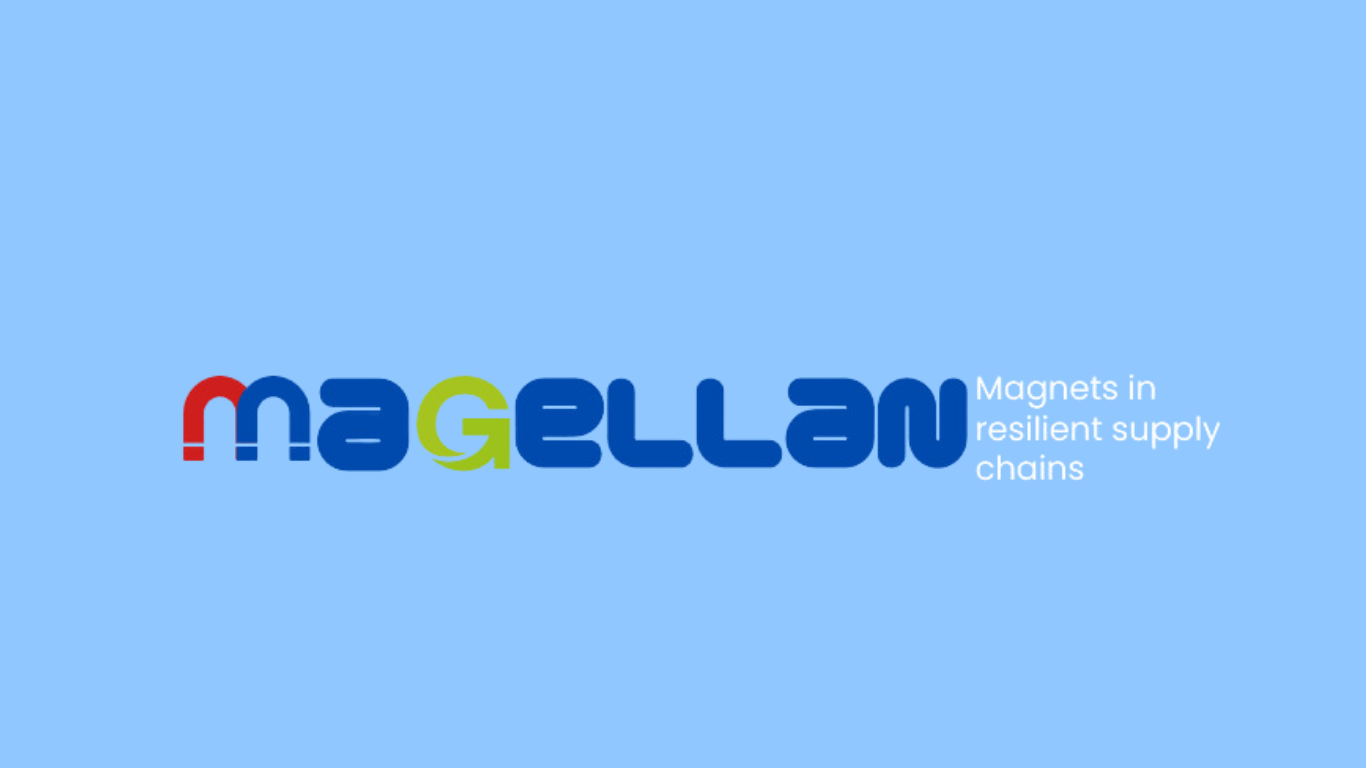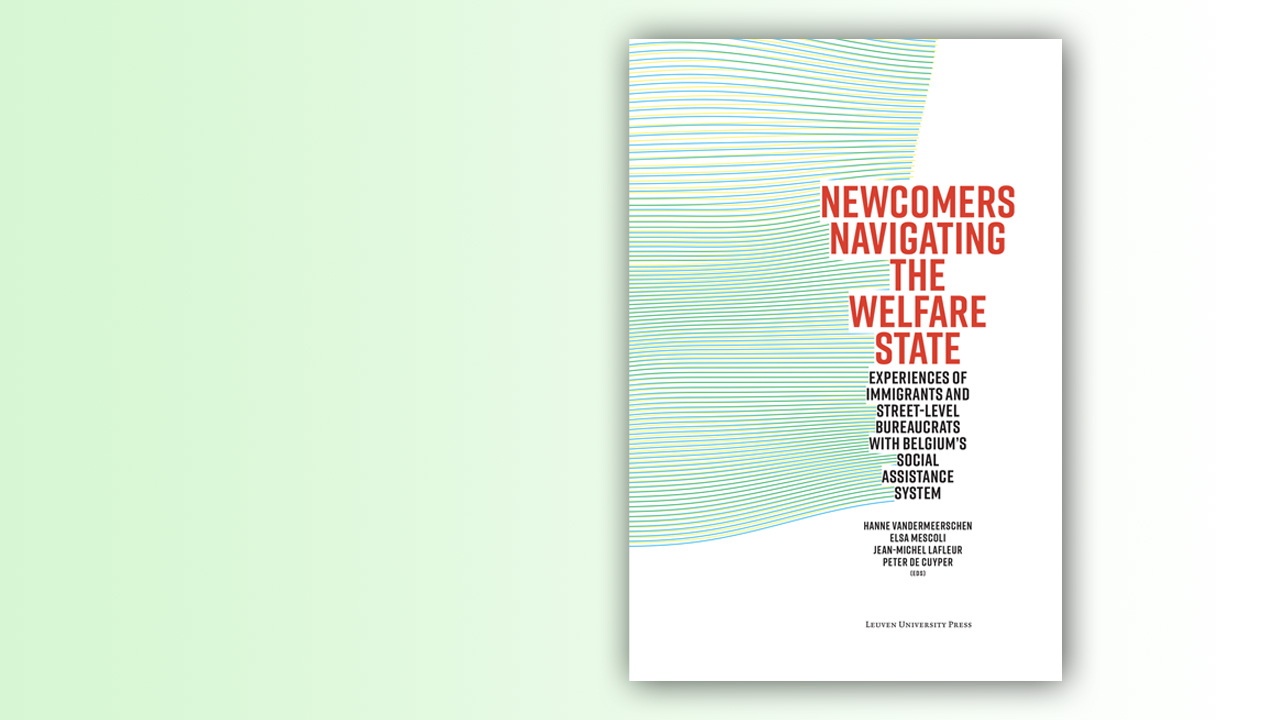
How do entrepreneurs' brains work?
A new study at ULiège and a call to established entrepreneurs and young entrepreneurs in student incubators


As a public university open to the world and is anchored in the scientific, cultural and economic development of its region, the University of Liège relies on its three pillars: teaching, research and civic engagement.

ULiège trains responsible citizens who are provided with cutting-edge knowledge and critical thinking, are able to share knowledge and can push forward an increasingly complex world.

ULiège develops and promotes excellence in research, multidisciplinary and direct engagement with its instruction.

Global exposure is a top priority at the University of Liège. The institution offers a wide range of international mobility opportunities to students, researchers and staff, enabling them to enhance their cross-disciplinary skills and language knowledge.

ULiège: an experience of daily living. Located in 3 cities and 4 campuses, the university is a key player in terms of the environment and mobility.

A new study at ULiège and a call to established entrepreneurs and young entrepreneurs in student incubators

The University of Liege, and more particularly the GeMMe research group, is taking part in the European HORIZON project

As part of the 1st Interreg VI Grande Région call, 10 research projects are being funded at ULiège. Three of them are coordinated by our researchers.

The results of the vibration and cooling tests - carried out at the Liège Space Centre - are very encouraging for this unique prototype.

A wide-ranging study by scientists from CEDEM at ULiège, Hiva at the KUL and Césir at the Université Saint-Louis on the experiences of immigrants and bureaucrats with the Belgian welfare system.

This major discovery made by researchers from ULiège offers a new approach to deciphering the early diversification of life and clarifying the role of cyanobacteria in the Great Oxygenation of the Earth.

A neurobiologist at the GIGA, he receives this research grain in recognition of his original and daring research project into the mechanisms underlying brain development.

A programme of excellence from the Walloon Region, which brings together ten Belgian partners at the cutting edge of the health field, will be coordinated by the University of Liège.

Among the grants awarded by the FRS-FNRS this year, 72 will finance research carried out by young researchers from ULiège.

The aim of this project is to study the behaviour of innate immune cells following pulmonary viral infections in order to develop new targeted therapeutic strategies.

Researchers from the University of Antwerp, the University of Liège and UCLouvain Saint-Louis Brussels questioned 2,819 young Belgians aged 15 to 25 about online hate speech and the dissemination of sexual content (or nudes).

Le Centre Européen d'Archéometrie recherche deux nouveaux collaborateurs.